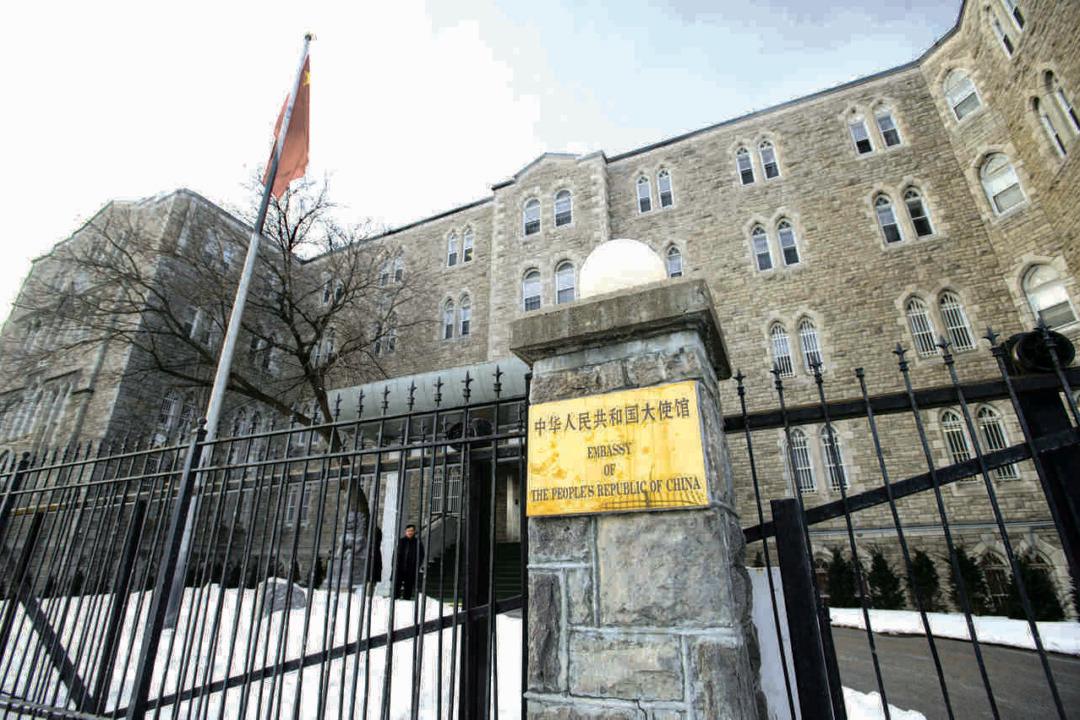A series of national security leaks in the press led to the current public inquiry on foreign interference, but the leak of one CSIS report indicating Beijing was targeting MPs—a report ignored by the government—had a major role in forcing Ottawa to hold an inquiry.
That Canadian Security Intelligence Service (CSIS) assessment has now been partially disclosed by the Public Inquiry into Foreign Interference.





